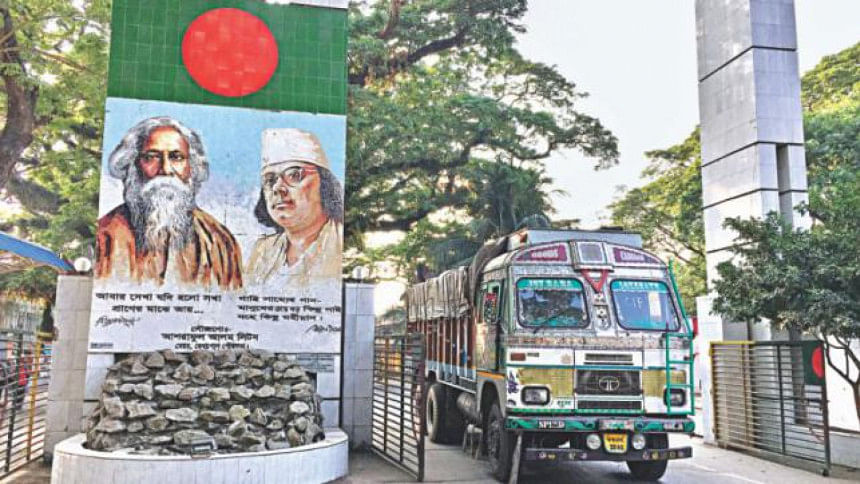India cuts tariff on 3,142 products

India has agreed to provide tariff concessions on 3,142 products to Asia Pacific Trade Agreement (APTA) member-countries, including Bangladesh, from this month.
The Indian commerce ministry said in a statement on Monday that these duty concessions will be more for least developed countries (LDCs) and less for developing nations, reports our New Delhi correspondent.
APTA is an initiative under the United Nations Economic and Social Commission for Asia and the Pacific (UN ESCAP) for trade expansion through exchange of tariff concessions among developing country-members of the Asia Pacific Region.
APTA is a preferential trade agreement (PTA), under which the basket of items as well as extent of tariff concessions is expanded during the trade negotiating rounds which are launched from time to time.
The six member countries are Bangladesh, Sri Lanka, China, India, Laos and South Korea.
The results of fourth round of negotiations under the APTA have been implemented with effect from July 1, the statement said.
"India has exchanged tariff concessions on 3,142 tariff lines (or goods) with all member-countries and special concessions on 48 tariff lines for least developed countries (LDCs), including Bangladesh and Laos," it said.
The fourth round of trade negotiations were formally wrapped up and signed by the ministers of the member-countries during their meeting on January 13 last year. The decision of that meeting has now been implemented by all member-countries with effect from July 1, the statement added.
With the implementation of this decision, the coverage of preferences of total tariff lines for each member-country would come on 10,677 products, up from 4,270 items at the conclusion of the third round of negotiations.
The average Margin of Preference (MoP) being provided under the agreement is 31.52 per cent. But LDC members are entitled to greater concessions on 1,249 items with an average MoP of 81 per cent.
Under a free trade agreement, countries cut or eliminate duties on most number of goods traded between them besides liberalising norms to promote services trade and investments. But under a PTA, duties are eliminated on a certain number of identified items.

 For all latest news, follow The Daily Star's Google News channel.
For all latest news, follow The Daily Star's Google News channel. 



Comments